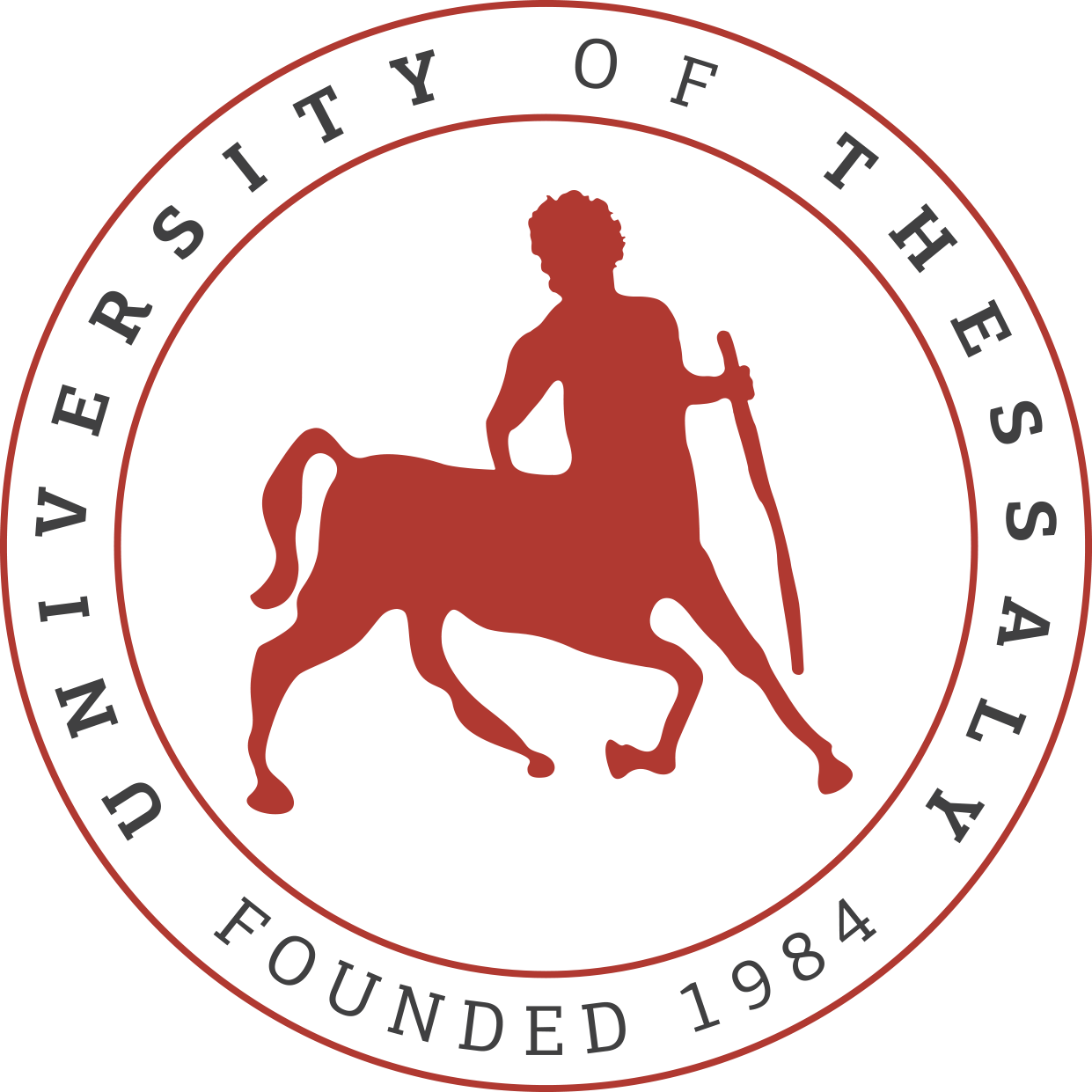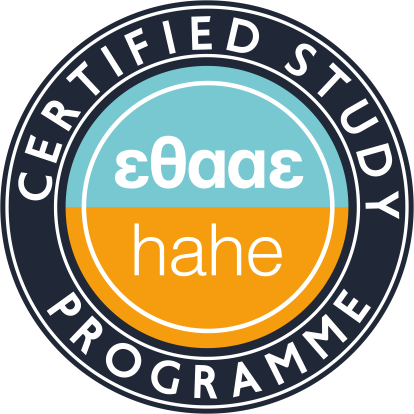Research Methodology
Course Code (in greek): ΒΠ0800
ECTS Units: 6
Semester: 1, 2
Professor: Tseliou Eleftheria
Course description
The course aims at introducing students to the basics of research methodology, with the overall aim to enable them to design and implement research studies. The course contents include: Philosophical and epistemological perspectives in research methodology. Principles and types of conducting scientific research. Overview of ‘quantitative’ (experimental and non experimental methods) and ‘qualitative’ (Case study, phenomenological methods, grounded theory, action research, discourse analysis) methods and overview of types of research design both in relation to ‘quantitative’ and ‘qualitative’ approaches. Overview of issues of reliability and validity in research. Ethics in research practice. Overview of all stages of conducting research (developing research questions, literature review, study design, data collection, data analysis, writing up of research report and reflexivity in research practice).
Learning outcomes
Upon successful completion of the course, students are expected to:
- understand and know the basic epistemological perspectives informing the process of acquiring scientific knowledge
- be able to distinguish between the various research methodology approaches, both ‘quantitative’ and ‘qualitative’ as well as the various methods and types of research design
- have become familiar with all stages of the research process, starting with the framing of research questions and leading to the writing up of a research report
- be able to develop research questions and design a research study
- be able to reflect on issues regarding ethics in research practice
Assessment methods
Written exams at the end of the semester (open-book exams with emphasis on critical thinking, while avoiding plagiarism). Students can engage into the writing up of two voluntary papers (one mark if their grade is pass on final exams).
Teaching methods
Lectures and workshops. Each week, following a lecture on key theoretical concepts and issues, the students are invited to further consolidate their knowledge by undertaking practical exercises in small groups.


